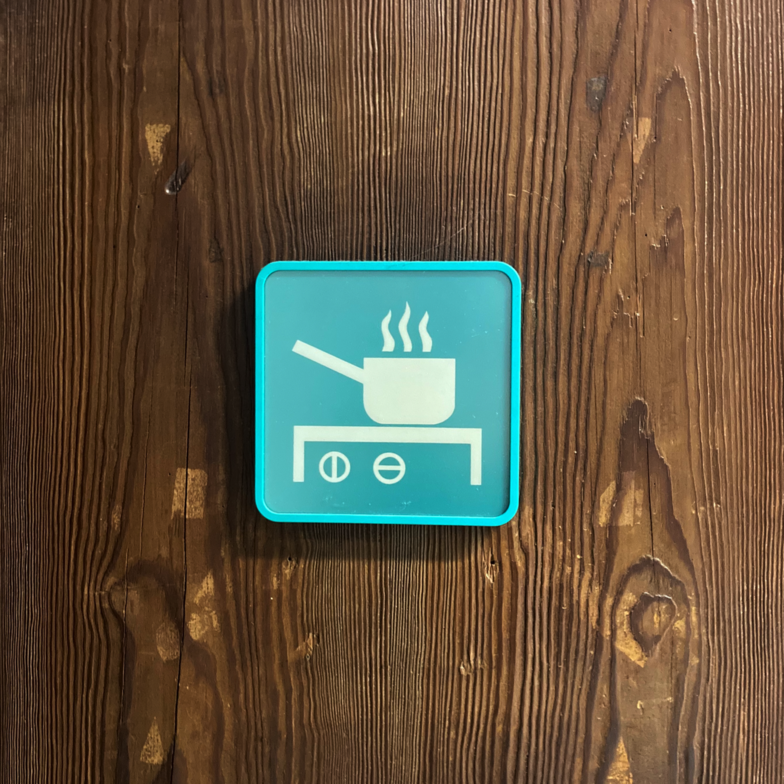ZMO kitchen talks

‘ZMO kitchen talks’ is a collaborative podcast produced by ZMO members and alumni. In each episode, a ZMO-fellow and one of our hosts meet in our institute’s kitchen – the heart of ZMO – to talk about their academic fieldwork, methodology, and the most recent research trends at our institute.